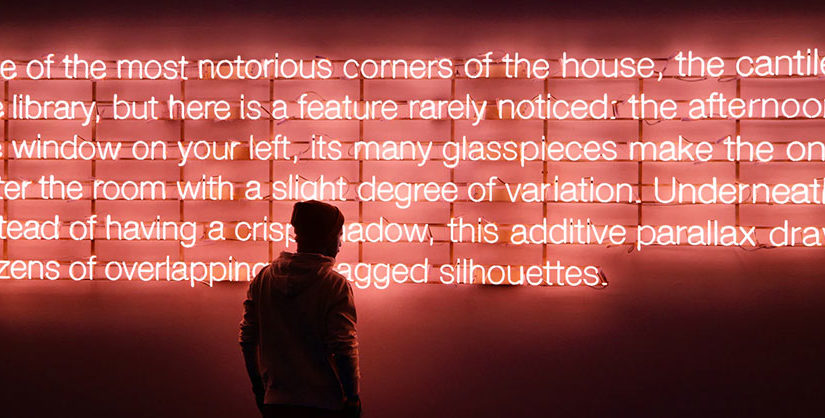You wake up, pour yourself a cup of coffee, and fire up the computer. You're excited to read your daily news, follow your favorite blog, or read about your upcoming vacation. But everything you are skimming is covered in comma errors.
Such an irritating way to start the day. Did the writers miss this lesson in English class?
One of the most common errors identified in writing is the misuse of commas in complex sentences. Here are a few simple pieces of information to help you understand the basic rules of usage.
What is a complex sentence?
Complex sentences contain at least one main independent clause and one or more subordinate dependent clauses.
The main clause contains a subject and a verb and can stand on its own as a simple sentence.
A subordinate clause contains a subject and a verb, but cannot stand on its own because it begins with a subordinating conjunction.
What is a subordinating conjunction?
A subordinating conjunction is a bridge between dependent clauses and independent clauses. A few examples include:
- after
- if
- although
- because
- though
- since
- so that
- while
- wherever
- that
- once
Rather than learn an extensive conjunctions list, it's easier to understand the coordinating conjunctions. You need to know when to use them and treat most others as subordinating conjunctions.
How do you connect the two clauses?
It's quite simple once you understand what a complex sentence is and you can identify most subordinating conjunctions.
If the sentence begins with an independent clause and is followed by a dependent clause, do not use a comma.
Example 1: Learning to write is challenging although knowing the rules makes it easier.
Example 2: I enjoy reading, writing, and speaking because it provides me tools to communicate.
If the sentence begins with a dependent clause and is followed by an independent clause, use a comma.
Example 1: Although knowing the rules makes it easier, learning to write is challenging.
Example 2: Because it provides me tools to communicate, I enjoy reading, writing, and speaking.
Follow this rule in your writing so that you can be one of those writers that helps your readers - or even the comma police - relax with their morning coffee.


